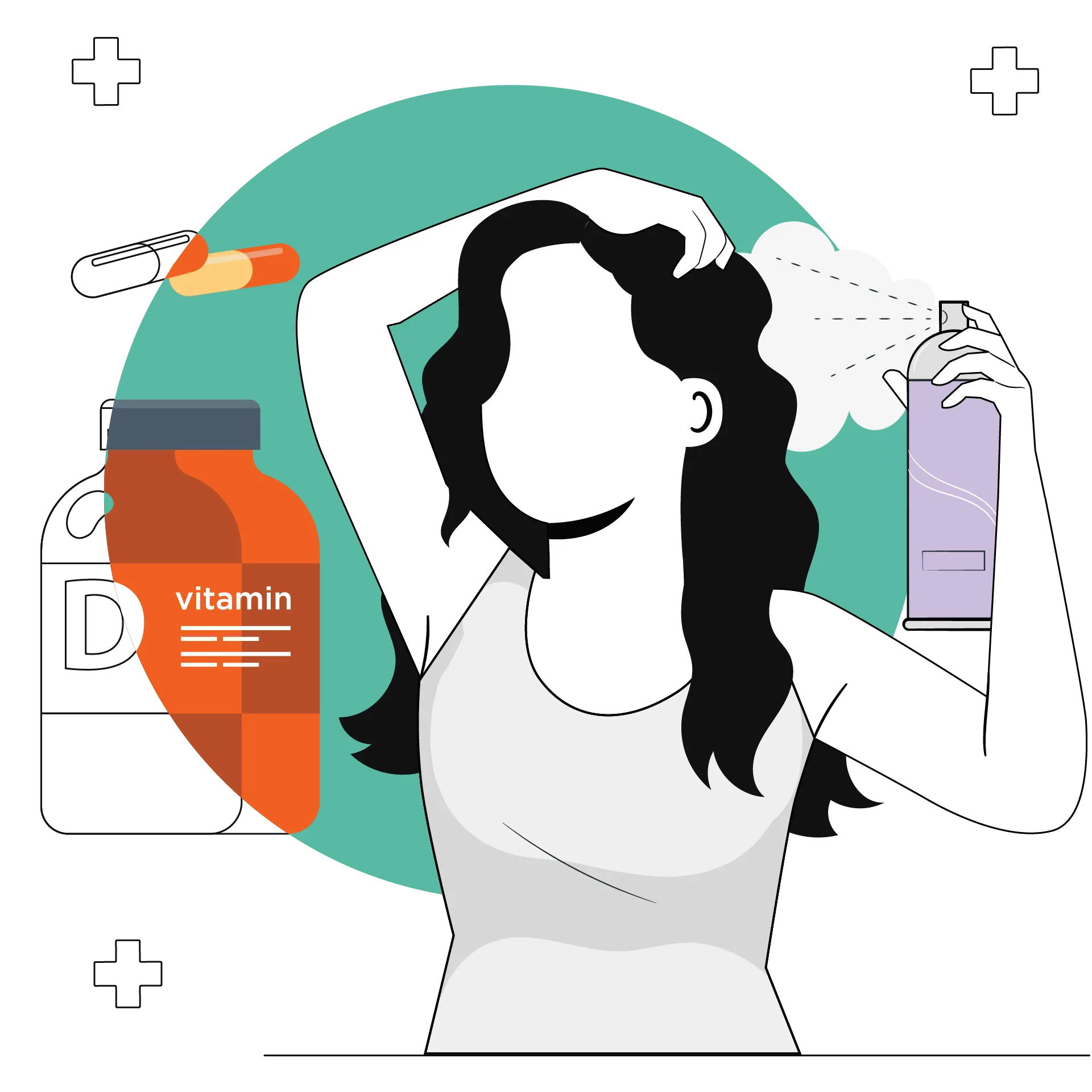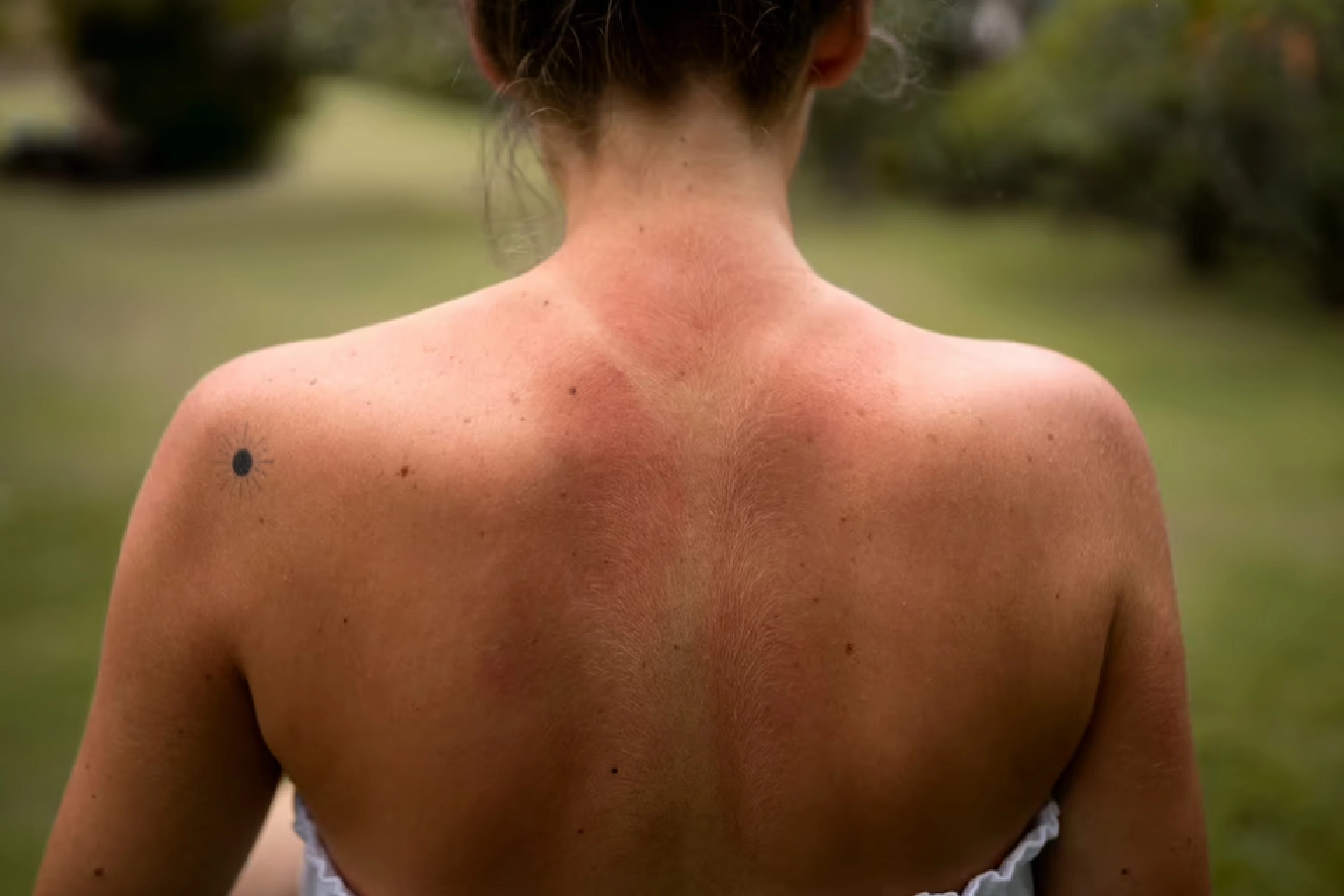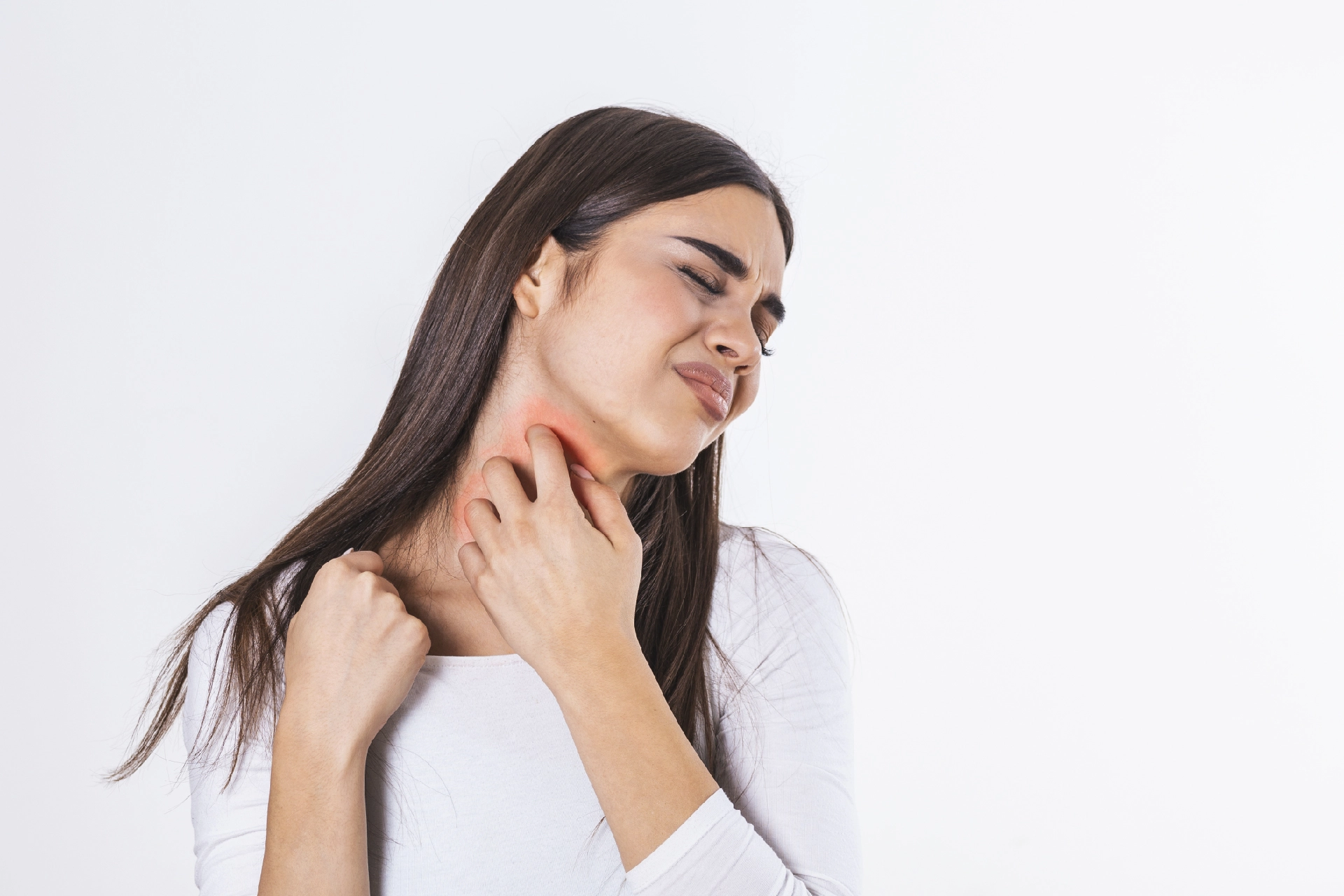Physical Medicine and Rehabilitation | 4 min read
6 Nutrients and Vitamins for Hair Growth: A Guide!
Medically reviewed by
Table of Content
Key Takeaways
- Try expert-recommended vitamins for hair growth and care
- With sufficient intake of vitamin D, hair loss can be treated
- Consuming a multivitamin for hair growth or repair can help
Having a tuft of healthy and silky hair is everyone’s dream. The health of your hair is dependent on factors such as age, hormones, stress, or genetics. As you grow old, hair loss can be a challenge that you may face. Just like your body, your hair needs some essential vitamins and nutrients to remain healthy. Though some nutrients and vitamins for hair growth can help, a study found that hair vitamin supplements are effective mainly for those that have a deficiency [1]. Read on to know more about which vitamins and nutrients help you maintain healthy hair.
Vitamin D
The actual role of vitamin D is unclear when it comes to hair growth. But in case there is a deficiency of vitamin D, hair loss also known as alopecia may be the result [2]. Exposure to sunlight helps your body produce vitamin D. You can have foods rich in vitamin D to ensure that there isn’t a deficiency. Foods with high levels of this vitamin are mushrooms, fatty fish like salmon, and cod liver oil.

B vitamins
Among Vitamin B sources, you can take foods or supplements rich in biotin for hair growth, also known as vitamin B for hair. A deficiency of biotin is linked with hair loss [3].
Another vitamin in this group is the synthetic form of folate, known as folic acid. This vitamin is responsible for the healthy growth of cells. This includes not only the ones present in skin tissues but only the ones in nails and hair.
Though there isn’t enough research to determine the relationship between folic acid and hair growth, its deficiency may cause hair loss. Foods with B vitamins include leafy green vegetables, seafood, almonds, and whole grains. Folic acid for hair growth comes in the form of supplements.
Additional Read: Winter Hair Fall RemediesVitamin A
Vitamin A is needed for the growth of all cells including hair. This vitamin also helps in the production of a substance called sebum. This helps keep your hair moisturized and healthy. Beta carotene, a provitamin A carotenoid, which your body converts into vitamin A is also good for your hair. Since it gets converted into vitamin A, the benefits of beta carotene for hair are the same.
Vitamin E
The benefits of vitamin E for hair are a result of its antioxidant properties that helps reduce oxidative stress. Oxidative stress is also linked to hair loss. As per a study, people experienced a 34.5% rise in hair growth after taking supplements for 8 months [4]. Vitamin E capsule for hair is one such supplement that promotes hair growth.
Castor oil is also a good source of vitamin E. The benefits of castor oil include promoting healthy hair growth by increasing the blood flow to your scalp. It also helps in reducing dandruff and moisturizing an irritated, dry scalp. You can include vitamin E in your diet by consuming almonds, avocados, sunflower seeds, or spinach.
Zinc
Zinc plays a vital role in repairing your hair and increasing hair growth. Its deficiency may lead to hair loss. That is why you should have regular intake of zinc for hair growth [5]. It also helps ensure the proper function of oil glands around your hair follicles. Spinach, oysters, lentils, pumpkin seeds are foods that have a high content of zinc.
Iron
Iron is important for hair growth because it is responsible to help carry oxygen from red blood cells to your tissues. Deficiency of Iron is one of the major reasons for hair loss. It is also more common in women than in men. Eggs, lentils, spinach, red meat, oysters, and clams are some foods rich in iron.
Alternatively, you can also start taking dietary supplements rich in minerals or a multivitamin for hair growth. For best results, make sure that they have ingredients that promote hair growth and support your scalp health. When learning how to stop hair fall, look for winter hair care tips that may help fight the condition caused by the harsh weather. Since individuals have different types of hair, you can consult experts to know how to choose shampoo & conditioner that work best for your hair type.
Additional Read: DIY Natural ShampoosNow that you know about nutrients and vitamins for hair growth, include the right ones based on what you need. However, make sure that your vitamin intake is not higher than the normal range as it may lead to certain side effects. Hair loss may also be a sign of an underlying health condition. Book an in-clinic or online doctor consultation on Bajaj Finserv Health to start treating your hair loss problem. Select the test packages available on the platform and detect any underlying conditions at the earliest.
References
Disclaimer
Please note that this article is solely meant for informational purposes and Bajaj Finserv Health Limited (“BFHL”) does not shoulder any responsibility of the views/advice/information expressed/given by the writer/reviewer/originator. This article should not be considered as a substitute for any medical advice, diagnosis or treatment. Always consult with your trusted physician/qualified healthcare professional to evaluate your medical condition. The above article has been reviewed by a qualified doctor and BFHL is not responsible for any damages for any information or services provided by any third party.




